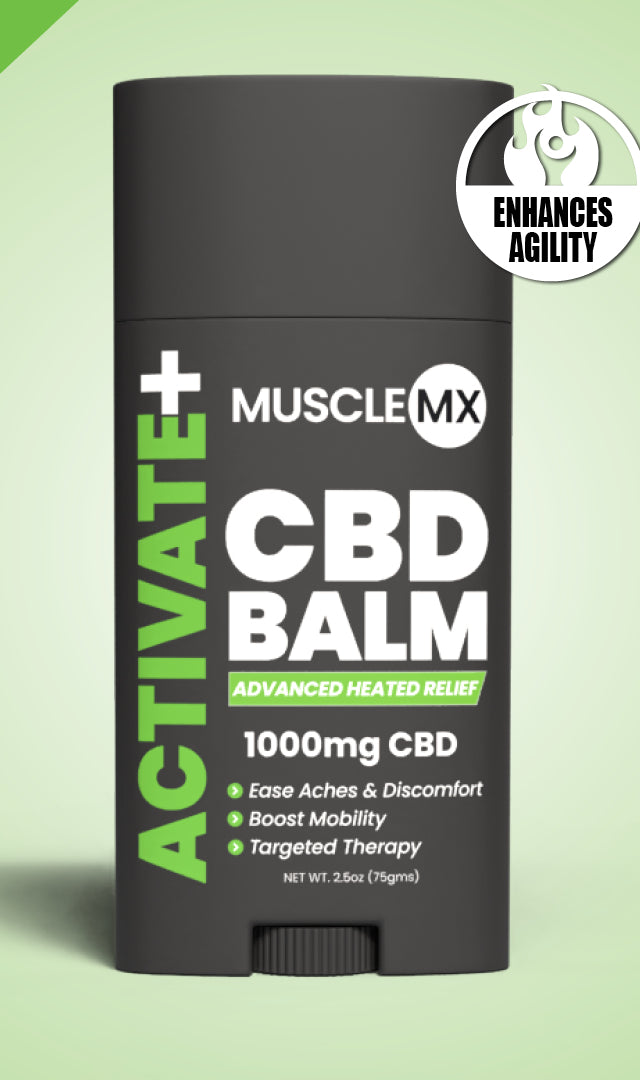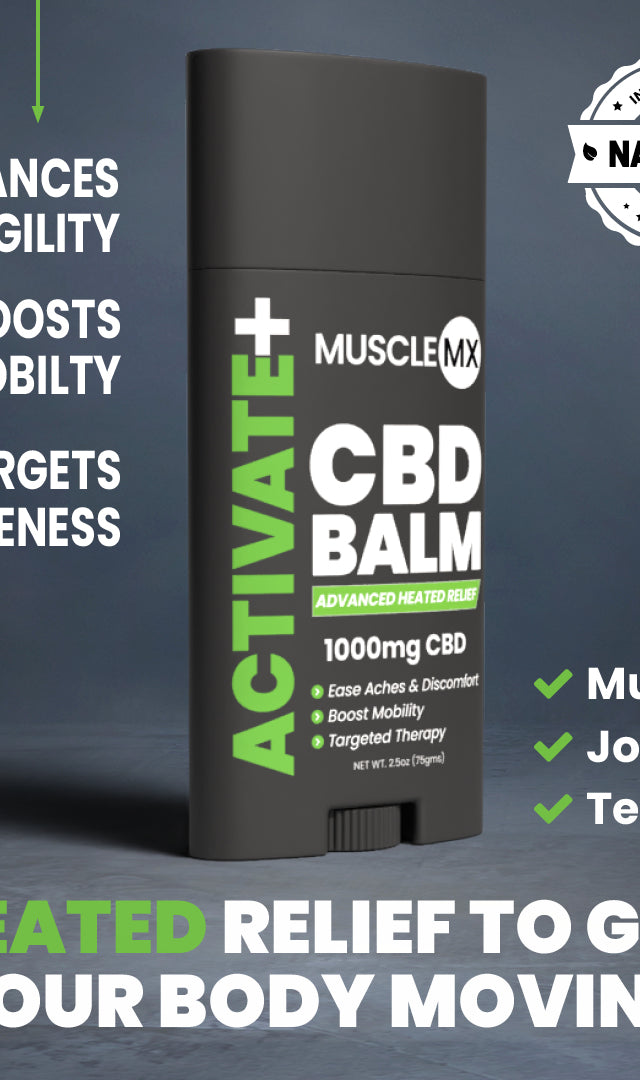How to Relieve Tight Muscles
Muscle stiffness becomes a reality for most people during their lives, and research shows 1 in 4 people endure chronic muscle pain and tightness. That uncomfortable sensation strikes when muscles feel tight, tense, or painful after exercise, poor posture, or just the morning wake-up.
Simple home remedies can fix tight muscles without turning to medication right away. People find relief through alternating heat and cold therapy and staying hydrated with at least 64 ounces of water daily. The right combination of stretching and massage techniques brings immediate comfort to many sufferers.
This piece explores why muscle tightness happens and shares proven methods to eliminate tight muscles. You'll learn preventative steps that fit into your daily schedule. These approaches help anyone dealing with occasional discomfort or chronic muscle stiffness move freely and comfortably throughout their day.
Identify the Cause of Muscle Tightness
You need to identify the mechanisms of your muscle tightness before starting any treatment. Your muscles feel overly tight and hard to move when they become stiff. This stiffness sometimes comes with fatigue, twitching, cramps, or spasms.
Exercise and Physical Activity Your muscles often get tight because of exercise. Microscopic tears develop in overworked muscles when you start a new workout routine or increase intensity. This leads to delayed-onset muscle soreness (DOMS). The soreness usually goes away within 3-5 days. Sports injuries can also make your muscles stiff, especially when you have sprains (stretched, twisted, or torn ligaments) and strains (stretched or torn muscle fibers). These injuries commonly affect legs and lower back.
Sedentary Lifestyle Your muscles can become tight from not moving enough. Muscles become weak and prone to injury if you sit too long. The stiffness gets worse after sitting for extended periods but improves once you start moving.
Medical Conditions Several health issues can demonstrate as muscle stiffness:
- Rheumatoid arthritis causes morning stiffness that gets better with activity
- Fibromyalgia creates widespread muscle pain and stiffness that persists
- Polymyalgia rheumatica affects shoulders, neck, arms, and hips
- Infections including flu, COVID-19, and mononucleosis
- Chronic fatigue syndrome often brings muscle stiffness and weakness
Other Factors Muscle stiffness can also come from dehydration, medication side effects (especially statins), and insect bites.
When to See a Doctor You should contact a healthcare provider if your muscle stiffness:
- Persists beyond a week
- Stops you from moving or gets worse with activity
- Comes with fever, swelling, difficulty breathing, or severe pain
Finding your muscle tightness's cause is vital to make treatment work. Simple home remedies can help most cases linked to exercise or temporary inactivity—we'll explore these options in the next section.
How to Fix a Tight Muscle at Home
You probably have everything you need at home to relieve muscle tightness. The most effective way to get immediate relief is to alternate heat and cold therapy for 20 minutes several times a day.
Your best option within the first 48 hours of muscle stiffness is cold therapy. It numbs the area, reduces swelling, and fights inflammation. Take an ice pack, wrap it in a towel to protect your skin, and hold it against the affected area for 15-20 minutes.
Heat therapy becomes more useful after the original inflammation period. It increases blood flow to tight muscles. A warm bath, heating pad, or warm compress will help your stiff muscles relax and heal faster. Heat is particularly good for muscle knots because it improves blood flow and loosens tight fibers.
Self-massage is another great way to get relief. To ease neck tension, use your fingertips to apply firm pressure where your neck meets your shoulders. Make small circular motions as you move upward. A tennis ball works well for back tightness - place it between your back and a wall, then roll gently on painful areas. The massage should feel like "good pain" - that odd mix of soreness and relief.
Regular stretching throughout the day provides excellent relief. Each stretch should last 30 seconds without bouncing, and you should repeat it 2-4 times per side. A 5-10 minute warm-up before stretching is essential. Use gentle pressure - you want to feel a slight pull, not pain.
Topical pain relievers can ease muscle discomfort:
A complete approach to relief includes patience, proper rest and staying hydrated
Daily Habits to Prevent Muscle Tightness
Daily habits work better than occasional fixes to prevent muscle stiffness. You can keep your muscles flexible and pain-free by making these practices part of your daily routine.
Good hydration is the foundation of healthy muscles. Your chances of getting stiff and sore muscles go up when you're dehydrated. You should drink at least 64 ounces of water each day, based on how active you are and your size. Water makes up about 76% of your muscle mass, so staying hydrated directly affects how well your muscles work.
Your nutrition matters just as much for prevention. Adults typically need 1,000 mg of calcium daily (1,200 mg for women over 50 and men over 70) and around 310 mg of magnesium. The best foods for these minerals are avocados, bananas, dairy products, dark leafy greens, fatty fish, and nuts.
Moving throughout the day helps a lot, especially if you sit for long periods. Your back, neck, arms, and legs feel more stress when you sit too long. This puts extra pressure on your back muscles and spinal discs. Take quick breaks to move every 30 minutes. Your workspace should support good posture with:
- Chair height that lets your feet rest flat on the floor
- Computer monitor at eye level
- Keyboard positioned so your wrists stay neutral
A daily stretching routine helps all your major muscle groups. Just 5 minutes of stretching can keep your normal range of motion as you age. Healthy adults should do flexibility exercises 2-3 times each week and hold each stretch for 60 seconds total.
Stress management techniques like progressive muscle relaxation, deep breathing, or meditation make a difference. These methods not only reduce tension but also improve your muscle health by limiting the physical effects of stress.
These prevention steps will help you stay mobile and reduce muscle stiffness throughout your life.



















































